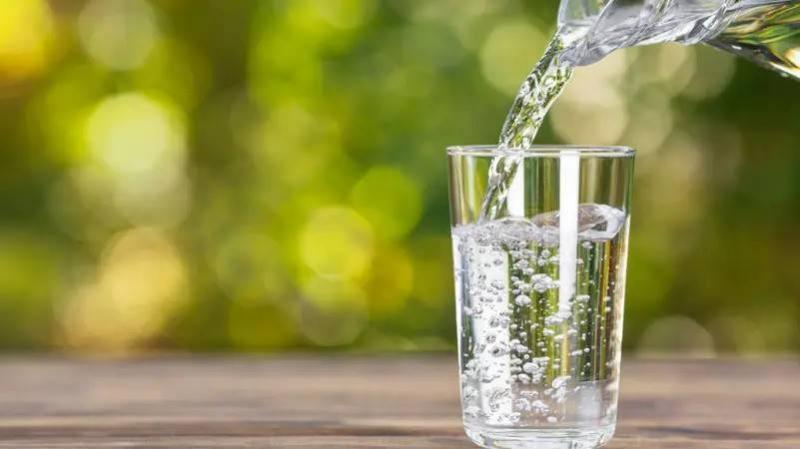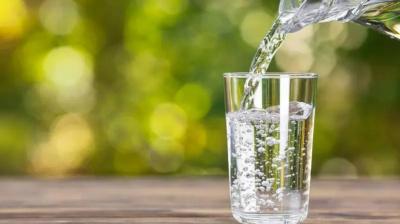It is well known that the human body consists of more than 60% water on average, with water making up nearly two-thirds of the brain and heart, and 83% of the lungs. The water content of the skin is estimated to be 64%, while it accounts for up to 31% of bones. Water participates in almost every process that keeps a human alive, according to a report published by Fortune Well. But how much should one drink daily?
Crystal Scott, a nutritionist, reported that water helps regulate body temperature, transport nutrients, eliminate waste and toxins, and lubricate joints and tissues. It also plays a crucial role in maintaining the delicate balance of electrolytes and fluids in the body. She mentioned that the human body loses water when breathing, sweating, urinating, and converting food and drink into energy; failure to replenish lost fluids can lead to a rapid decline in health. Scott continued that the body can survive for up to three weeks or more without food but can face death in just a few days without water, as many systems in the human body rely on water.
Furthermore, she noted a common general advice suggesting drinking 8 cups of water daily, which she does not consider wrong but believes it requires some adjustments. Scott indicated that research has certainly evolved over time, leading to different recommendations regarding water intake based on age, gender, and activity level.
She added that the amount of water each person should drink also depends on their life circumstances. For example, someone living in a hot and humid climate, engaging in a lot of physical activity, a pregnant woman, or someone breastfeeding might need to consume more water daily compared to a regular adult. It is essential to consult a doctor regarding the appropriate daily intake.
Scott explained that the National Academy of Sciences, Engineering, and Medicine recommends an average daily water intake of about 3.5 liters for men and about 2.5 liters for women, with the rest of the intake coming from food. Importantly, she emphasized that drinking excessive amounts of water could lead to a condition called hyponatremia.
She indicated that although it is a rare condition, it occurs when an excessive amount of water in the diet overwhelms the kidneys, preventing them from keeping up with the normal filtration rate. This can dangerously dilute sodium levels in the blood, leading to cell swelling. Individuals may also face health issues like kidney failure or congestive heart failure, which can impact some athletes if they do not replenish their electrolytes after exercising.
However, for the majority, the bigger issue is not getting enough water. The best indicator would be urine color; if the toilet water appears pale yellow or clear after urination, it suggests good hydration. In contrast, dark yellow or amber urine indicates that the body needs fluids. Symptoms of dehydration can also include headaches, migraines, poor sleep, constipation, dizziness, and confusion.
Scott suggested helpful tips to encourage water consumption, such as trying to add fruit slices for flavor. She also recommended using smaller water bottles and refilling them instead of filling a large pitcher for the entire day, which can be challenging to manage. Additionally, she advises dividing the day into equal periods and setting small goals in each period to ensure a continuous flow of water intake rather than attempting to gulp down the recommended amount all at once.




